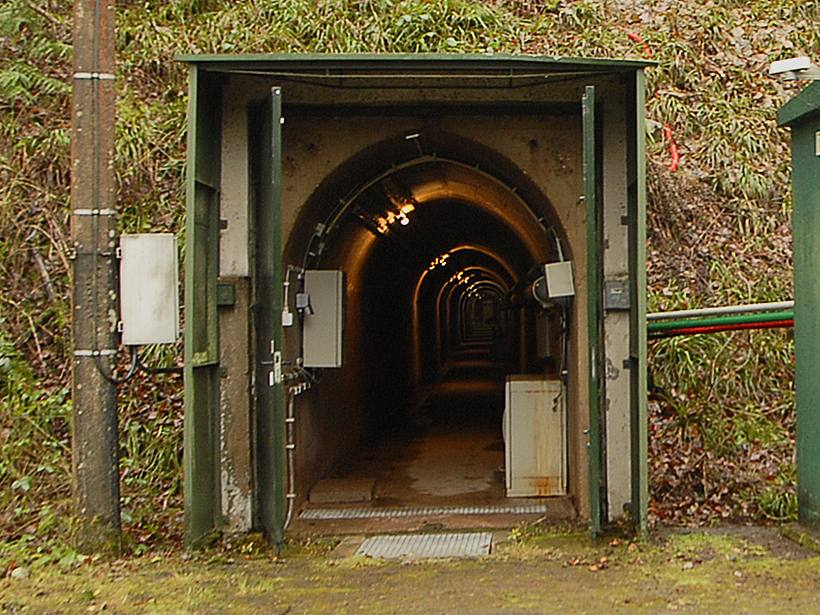Instruments at Belgium’s Membach geophysical station set a new record for monitoring gravitational fluctuations caused by storm surges, groundwater fluctuations, and the Moon’s tidal pull.

Instruments at Belgium’s Membach geophysical station set a new record for monitoring gravitational fluctuations caused by storm surges, groundwater fluctuations, and the Moon’s tidal pull.